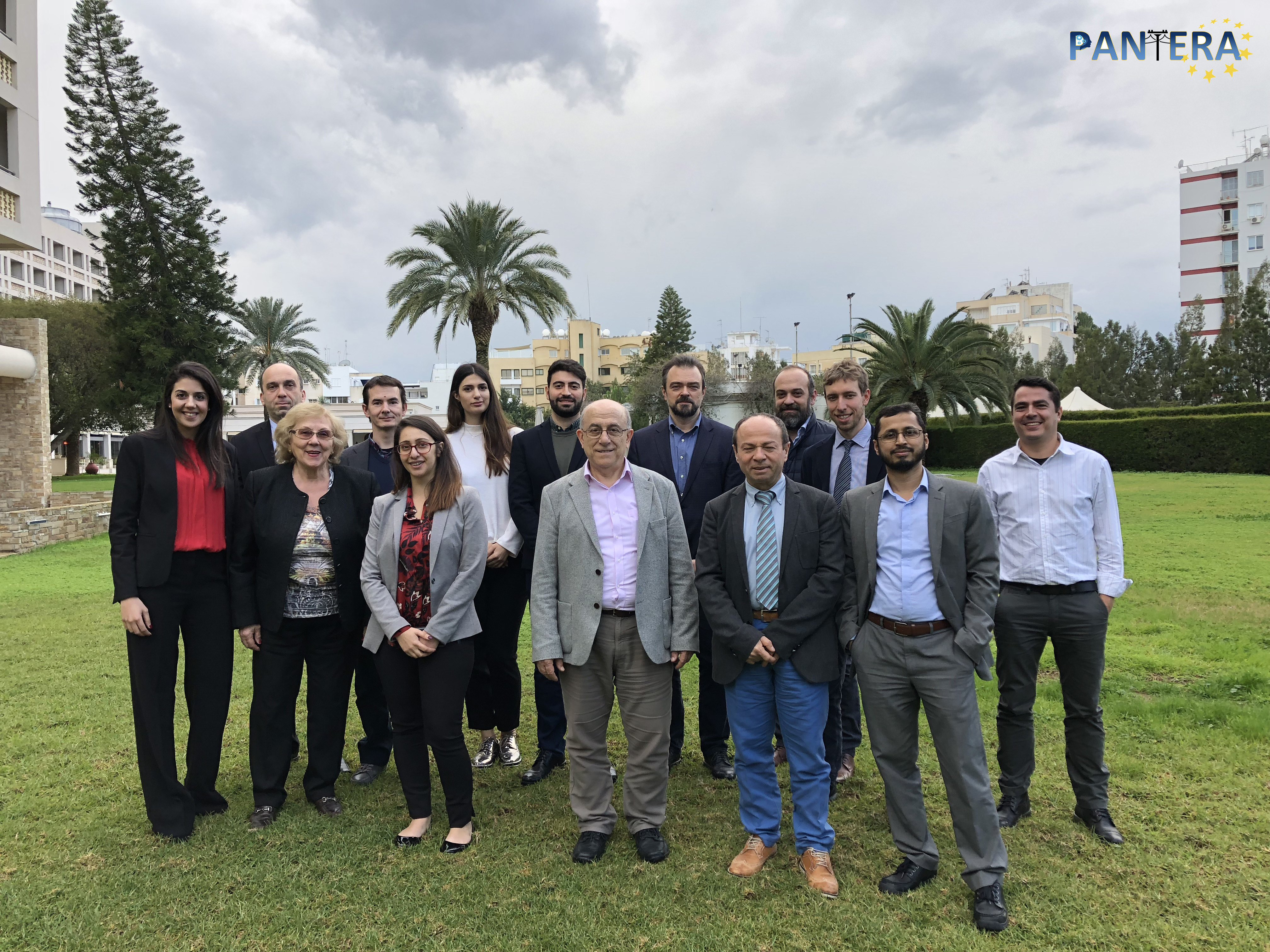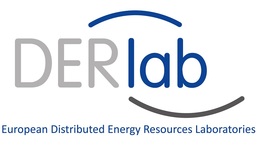On 30-31 January 2019, the kick-off meeting of the PANTERA project took place at the Hilton Cyprus in Nicosia (CY), coordinated by FOSS (University of Cyprus). Further partners are DERlab, RSE, SINTEF, Fizikalas Energetikas Instituts, Institute of Physical Energetics (IPE), Suite5, University College Cork – National University of Ireland, Cork (UCC- IERC), University College Dublin, National University of Ireland (NUID UCD) and Technical University of Sofia (TUS).

PANTERA Consortium and the Project Officer Mario Dionisio at the PANTERA kick-off meeting.
According to the JRC Smart Grid Projects Outlook 2014, the majority of cooperation takes place between organisations from a limited number of Member States, while 15 analysed countries account for less than 5 % of the Research & Innovation funds altogether.
Collaborative work is pivotal in the development work that the consortium proposes through the PANTERA CSA PAN European Technology Energy Research Approach. It is very important to move in a coordinated way to develop demanding objectives through Horizon Europe and other national and regional Research & Innovation financial instruments that will align evolution of technologies with the planned low carbon economy of the European Union.
PANTERA project will identify and implement initiatives, aimed at levelling the participation of EU countries to a common energy market for the benefit of all EU citizens. The importance of PANTERA project lies, in particular, in bridging the gaps in Research & Innovation in the energy field that currently exist in Europe between Member States.
By identifying, involving and engaging the right stakeholders, PANTERA will make sure to be developing a tool that will truly address actual issues and limitations and provide useful and exploitable information to enhance R&I on a pan-European level.
PANTERA’s ambition is to be the single point of reference for smart grids in Europe, by delivering a multi-dimensional platform of pan-European status capable of leveraging coherence and trust as a pull towards enhanced R&I in energy systems centered on an integrated grid active and responsive.
